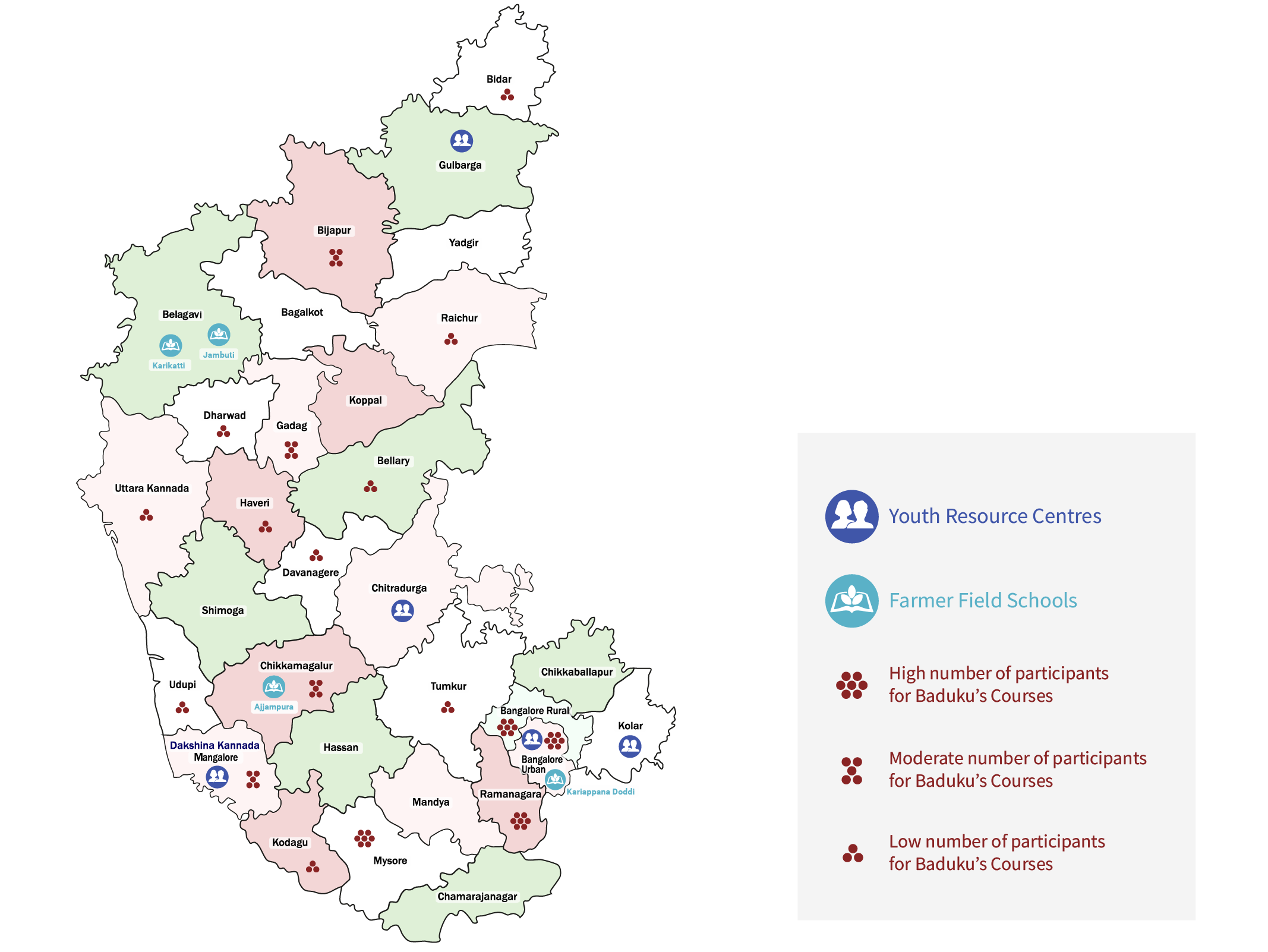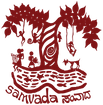“Working with youth” is a relatively new idea in India.
People often ask, “How does working with young people actually lead to social change?”
We see this as a two step process where our interventions lead to CHANGES IN YOUTH,
which then leads to CHANGES BY YOUTH.
The short term outcomes of our work are first manifest in new values, aspirations, sensitivities, life skills and livelihood skills in youth. This then results in new behaviors, decisions and personal and professional choices, initiatives in families, communities, campuses and workplaces in a way that challenges oppressive and unjust social systems and institutions.
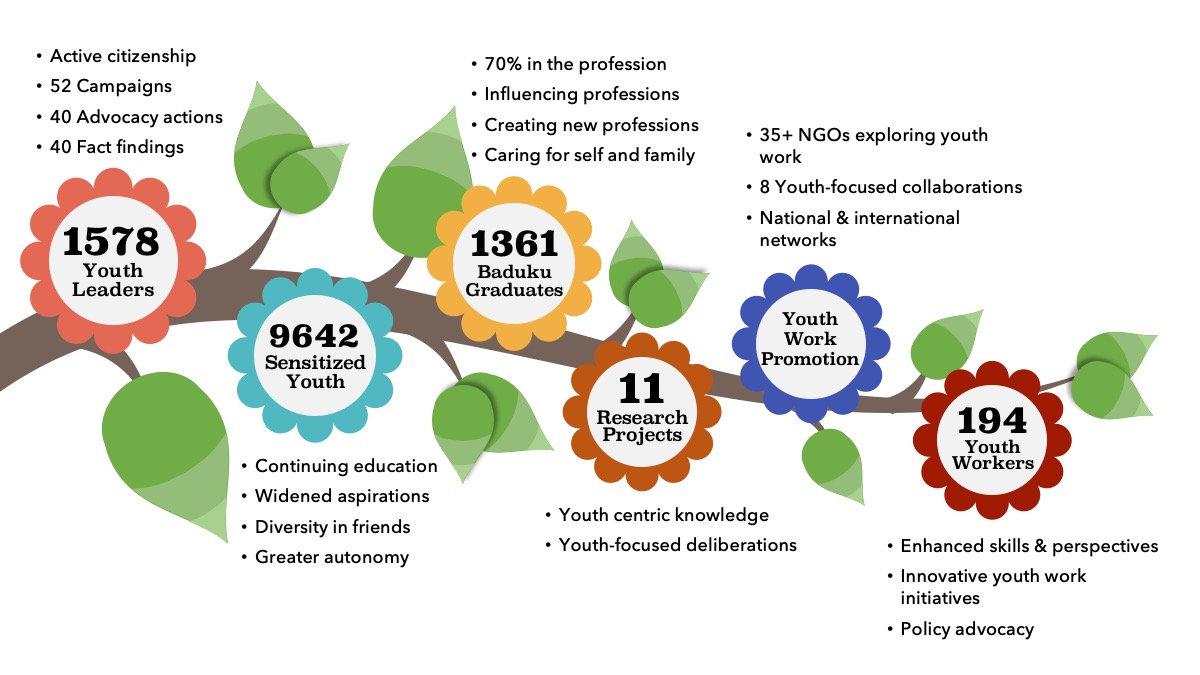
What young people are saying about our programmes
Get to Know Asha!
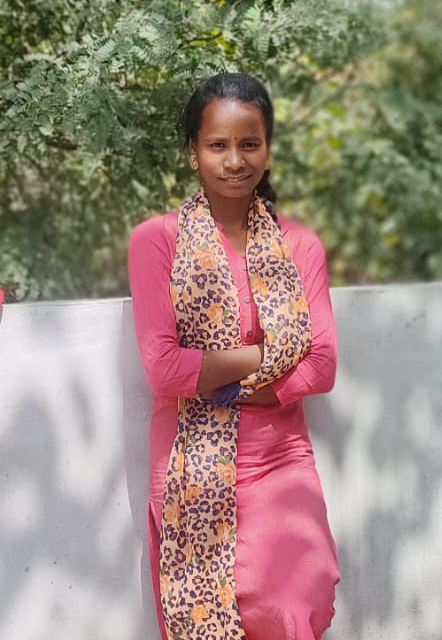
Asha was born in Bellary and grew up in Bangalore. In the city, she resides with her grandparents, mother and younger brother. Her mother works as a daily wage labourer. While pursuing her BSc in computer sciences, Asha heard about our youth resource centre (YRC) located in Bangalore from her friends. They shared pamphlets about what the YRC is and the activities and facilities it offers. When the pandemic induced lockdown was relaxed, she saw an opportunity to visit the YRC. Since her association with the YRC, she has participated in the Basic Nota, Career Nota, Hasiru (green) Nota, Pluralism, and Leadership Building Nota conducted there.
Let Asha tell you how the programme helped her!
An understanding of gender defined roles and societal expectations became clear to Asha as she participated in dialogues and notas conducted by the YRC- how the realities of the society are so different from what we see superficially or do not see, and the politics behind the myths we have been made to believe. Not only was she able to start unlearning this conditioning, she was also able to share learnings with her friends- both boys and girls alike-and family, hoping that they could change, too. “Even those of my friends who could not leave home easily, have managed to negotiate and make time to participate in the notas.” Asha has been able to positively influence her friends in exercising their bodily autonomy based on her learnings from the gender nota and readings suggested by the YRC- encouraging them to wear jeans whenever they wanted to, to step outside of their homes like their brothers did and to see periods as a normal function of the body and not something to be ashamed of. She caused a ripple effect of change in her family and community.
How Asha took action!
There is a big canal near Asha’s house. When it floods during the monsoons, it is a major inconvenience for the people; the water enters inside the houses. Asha has experienced the damage first hand- when her laptop and books got soaked right during her exams. Despite repeated complaints, the authorities did nothing about it. Asha single-handedly took videos of construction waste being dumped in the canal that resulted in blockage of water flow and shared them with the authorities. She made numerous calls and wrote letters until they visited the site for inspection. While the construction of a storm water drain was in the pipeline, Asha’s efforts managed to push the authorities to act upon the plan and begin the construction. She credits the YRC for supporting her and giving her the courage to take action. Even though she had the confidence to speak with the authorities on her own, as a girl, she says it can get difficult.
Get to Know Kashinath!
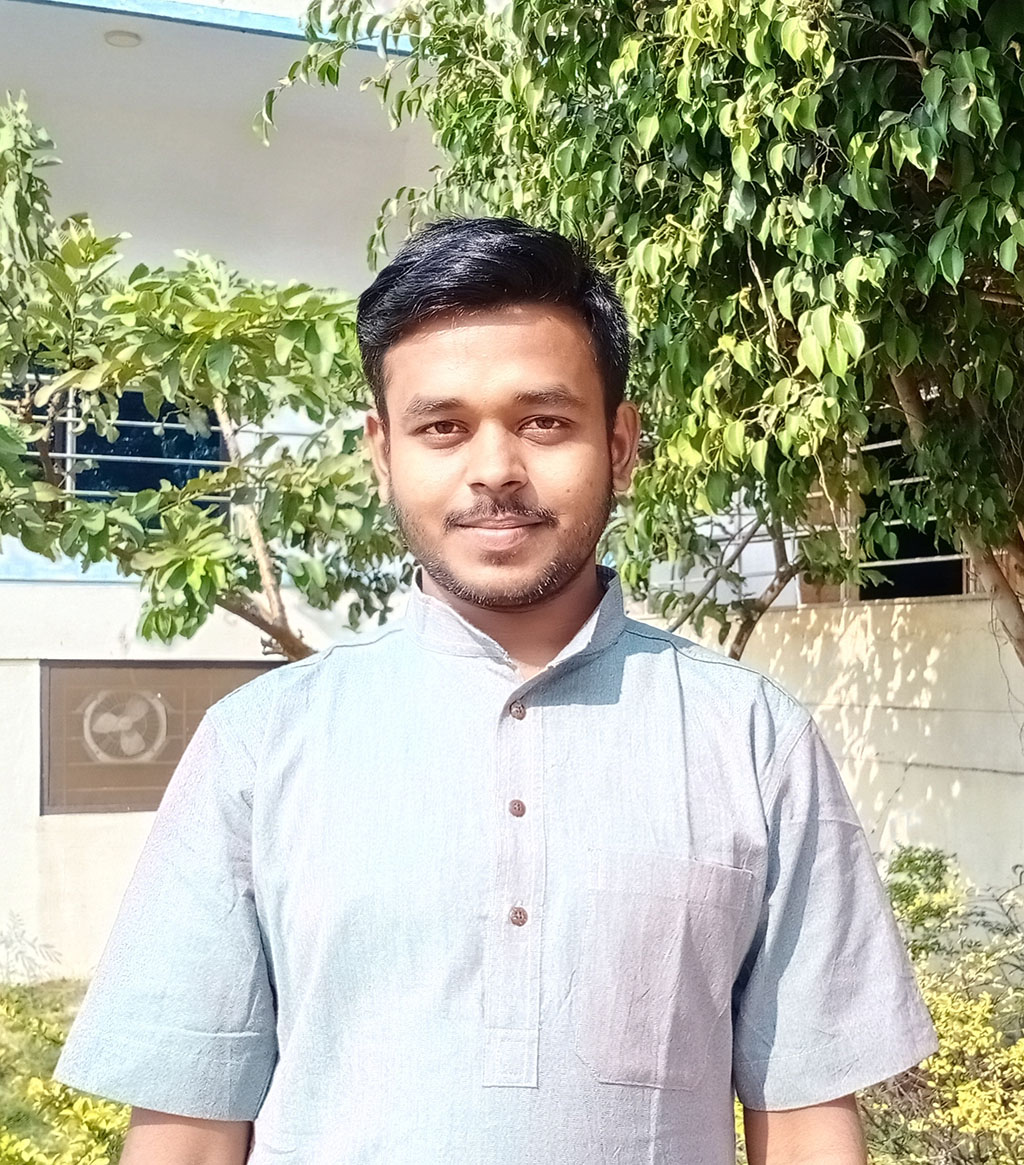
Kashinath hails from Nagurahalli in Gulbarga district. He is the eldest of 3 sons born to and raised by farmer parents. He has completed his BA in Economics, Political Science and Rural Development by staying with relatives in the city. Kashinath was introduced to Samvada by 2 friends from his circle who were associated with the Gulbarga Youth Resource Centre (YRC). They told him about facilities and activities like public speaking and reading being conducted there. In order to explore such opportunities, he started visiting the YRC and was motivated to continue going to make the most of them. At the Samvada YRC, he has participated in the Basic Nota, Hasiru Nota, Career Nota, Leadership Building Nota, Constitutional Values Nota as well as the Beginner’s writing course.
Let Kashinath tell you how the programme helped him!
Kashinath says that in Samvada he found a space that allowed him to share freely- to discuss his thoughts about the society and about his future plans as well as explore his hobbies. “In college, I would meet and have the chance to befriend only one kind of friends but at Samvada YRC, youth came from different colleges which allowed me to have friends coming from different backgrounds”. “When pursuing my degree, I used to think that there was nothing other than textbooks to read; I learnt here that you can read anything! Here, I got introduced to Kannada Literature – to authors like Kuvempu. In college, we stuck to the syllabus only.” With every opportunity he got to read, he says his appetite for reading increased. “I can say that I have learnt a lot at Samvada; I learnt about social movements and about lives of people who led them; about the constitution, values like- treating everyone equally with dignity and respect, irrespective of their caste and class- to not look at some castes as superior and some as inferior.”
HHow Kashinath took action
Kashinath fondly recalls participating in activities associated with the youth rights campaigns taken up by the YRC- demanding mid-day meals for college students, basic facilities like access to water and toilets be made available in colleges. This gave him a chance to visit various colleges in his hometown. To campaign for constitutional rights and against violations, Kashinath was part of youth groups that conducted a survey to check if people were getting what was rightfully theirs. Kashinath is currently pursuing the Mass Media Course conducted by Baduku. He aspires to pursue an MA in journalism and wishes to work in this field of journalism going forward. “I want my work to be able to contribute to our constitutional values being realized; social and economic justice should be experienced by all”.
Get to know Naveen!
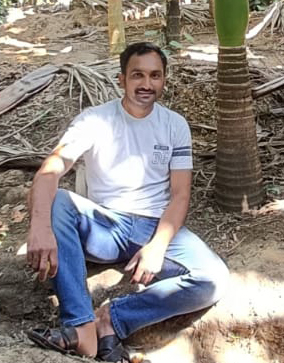
Naveen was born in Tumkur. His parents are farmers. Even though he wished to be in his village and closer to his parents, for the sake of his education, he had to reside with his uncle who lived in the city. He has completed his ITI education. At Baduku, he took up the 5-month sustainable agriculture course 4 years ago. Currently, he is practicing agriculture and staying with his parents, wife and daughter. Naveen says that the course was a turning point in his life as it taught him more than just the technicalities of sustainable farming; it helped him change his lifestyle.
How the programme helped him!
Naveen says that as a student he was “poor” in studies and his aspirations only revolved around agriculture, animal husbandry and wanting to work as a driver. Despite his parents having the capacity to fund his education further, he could not seem to develop an interest to pursue higher studies. Post-ITI, he was pressured by family to take up an apprenticeship or a job. His father was of the opinion that moving to the city would mean a comfortable life, unlike the life of struggle a farmer invariably has to live. Naveen, however, did not wish to work in a factory or under someone. His heart lied in Agriculture- “agriculture gives you freedom”, he says. In the city, he worked for 15 years on contract-basis, driving his own cab. “I had challenged myself that I will earn as much as a person who has studied well will earn. My brother was a software engineer and yet, by driving I was able to earn more than him per month. One year after marriage he was able to shift back to his village. When he started working in the field alongside his father, he had no experience and did not follow a pattern. “Today, a farmer wants to earn money one way or the other. I also thought the same way initially.” It was through his friend Thimmaraju that he learnt about the sustainable agriculture course when he asked Naveen if he’d join him. He recalls saying in the admission interview then, that he wants to grow sandalwood. That was the whole intention behind him joining the course. However, he was impressed by the things he learnt through the course- the nature of seeds, types of soil and how to conserve it for the future generations. This allowed him to reimagine agriculture and how he wanted to build a livelihood around it. “They did not just teach us, they made me understand. Had I not taken up the Samvada course, I would never have learnt these things or changed my lifestyle (for the better)”.
How Naveen took action!
Besides being a farmer, Naveen is also an entrepreneur who manufactures biodegradable areca leaf plates in his factory. His wife/partner joins hands in running the factory. Naveen exclaims, “I can now say that I am able to lead my life quite comfortably. Despite the challenges I face, I have a deep sense of satisfaction in what I do.”
Get to know Sahana!
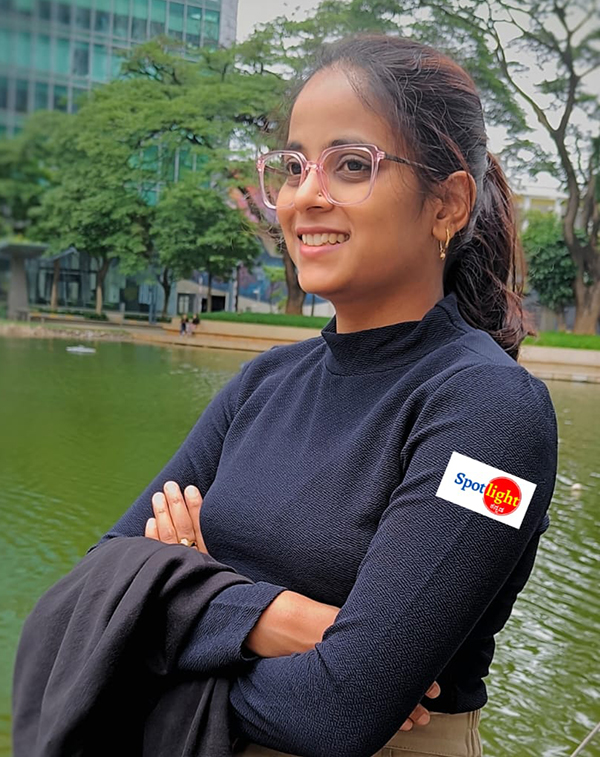
Sahana was born in Raichur district and is the younger one of two daughters. She lived in Naregal before coming to Bangalore to pursue engineering. At Samvada, Sahana signed up for the Media Start-up course which she read about through an online advertisement.
How the programme helped her!
The job that Sahana took up post-engineering was unsatisfactory and pushed her to make a switch; to pursue her childhood dream of becoming a journalist. The Media Start-up course proved to be a bridge for Sahana to move from Engineering to Journalism, even though she was unsure how this transition would pan out. She says, “the course was really nice because we learnt how to write things, how to read, how to anchor as well as how to present ourselves.” Sahana credits Samvada for the knowledge she has gained during the course that went beyond the technical aspects which have influenced her way of looking at things. “Samvada brings about a way of thinking that a university cannot. They speak to you one on one, not only about your career but also about your life, ideas and future. (The) Sahana before and after Samvada are two different people. All the sensible thoughts about life, about gender equality, I can pinpoint to Samvada.” She adds that she was able to apply these learnings in her relationships as she felt empowered to stand up against gender discrimination in her own way, realising that her feelings are valid.
How Sahana took action!
Sahana founded Spotlight Kannada, a media and design enterprise that is sensitive in its approach to the rights and needs of the common people, especially the youth in particular. “We learnt how to design in this course and we’re using this for our website. At Spotlight we work for youth. Our idea is youth for youth. We have 8 to 10 categories that we write about, including education, employment, sports and entertainment. We have recently started a YouTube channel as well.” Through Spotlight, she is working on 2 projects. The aim of one of the projects is to gather stories of waste entrepreneurs associated with Dry Waste Collection Centres (DWCC), including women, migrants and Dalits. The other upcoming project named WOW Women will cover stories of wow women around us. Expansion plans are in the pipeline and Sahana hopes to soon have Spotlight cover other rural languages as well, such as Tulu and Lambani.
Our Reach
